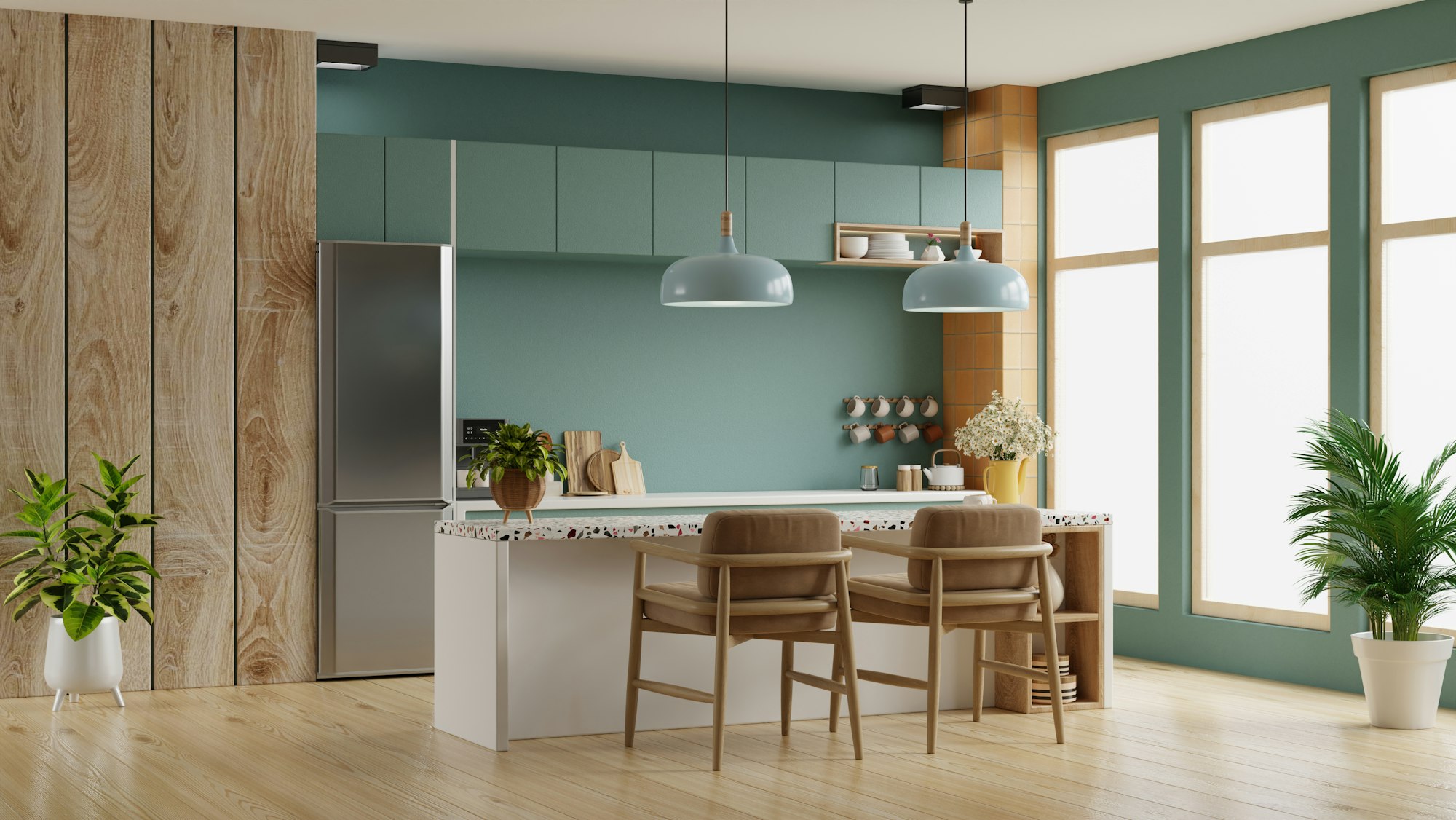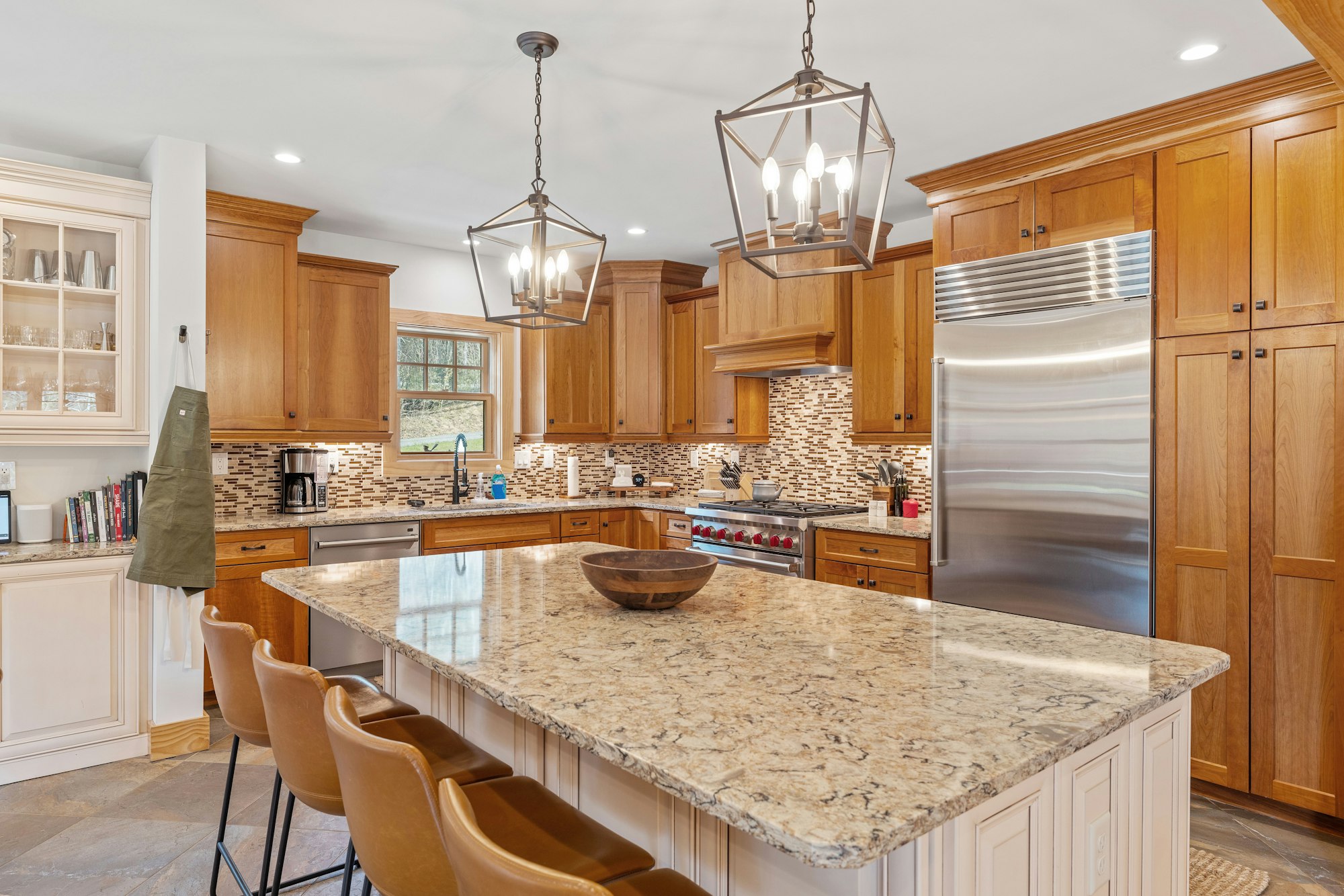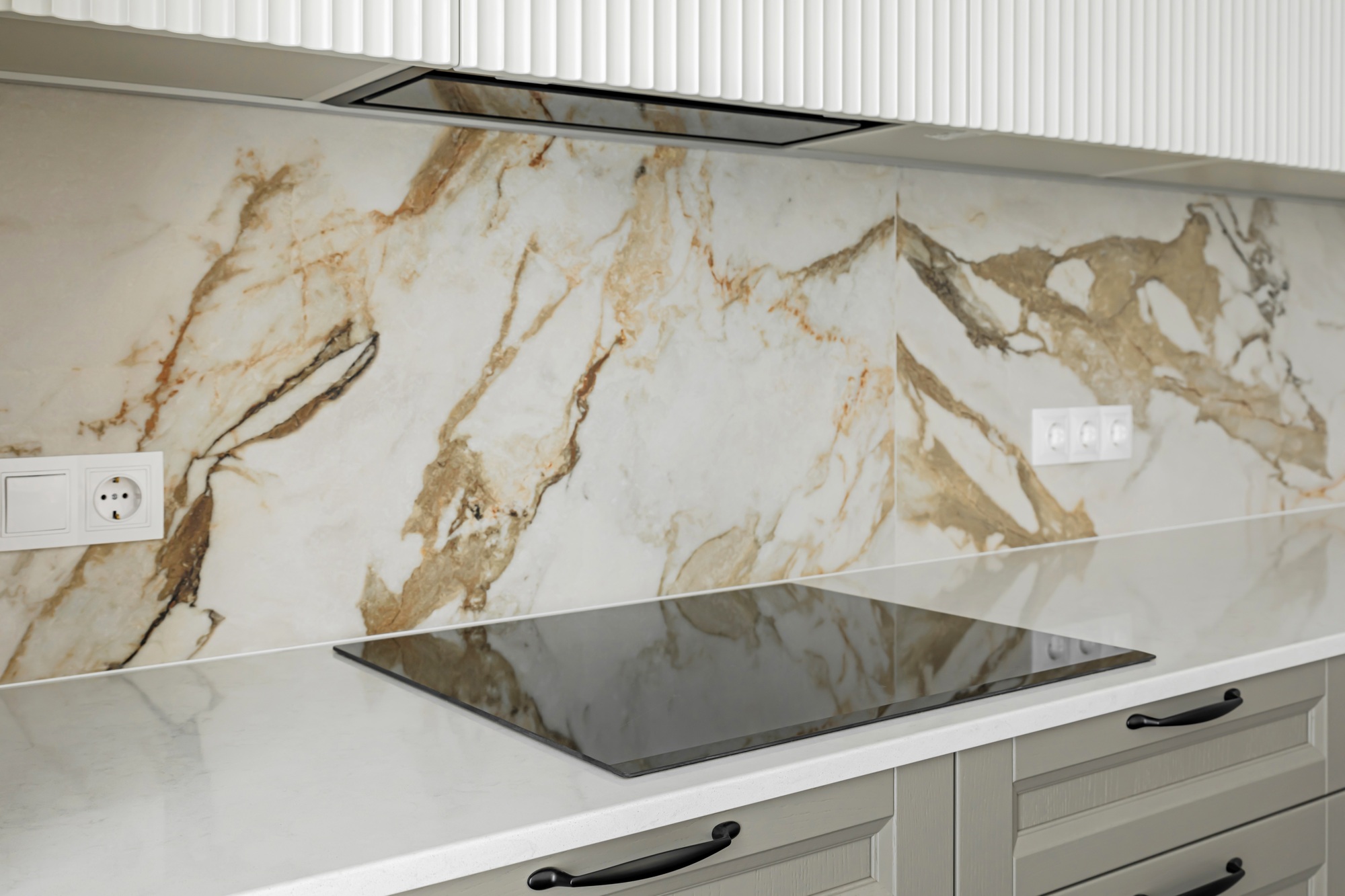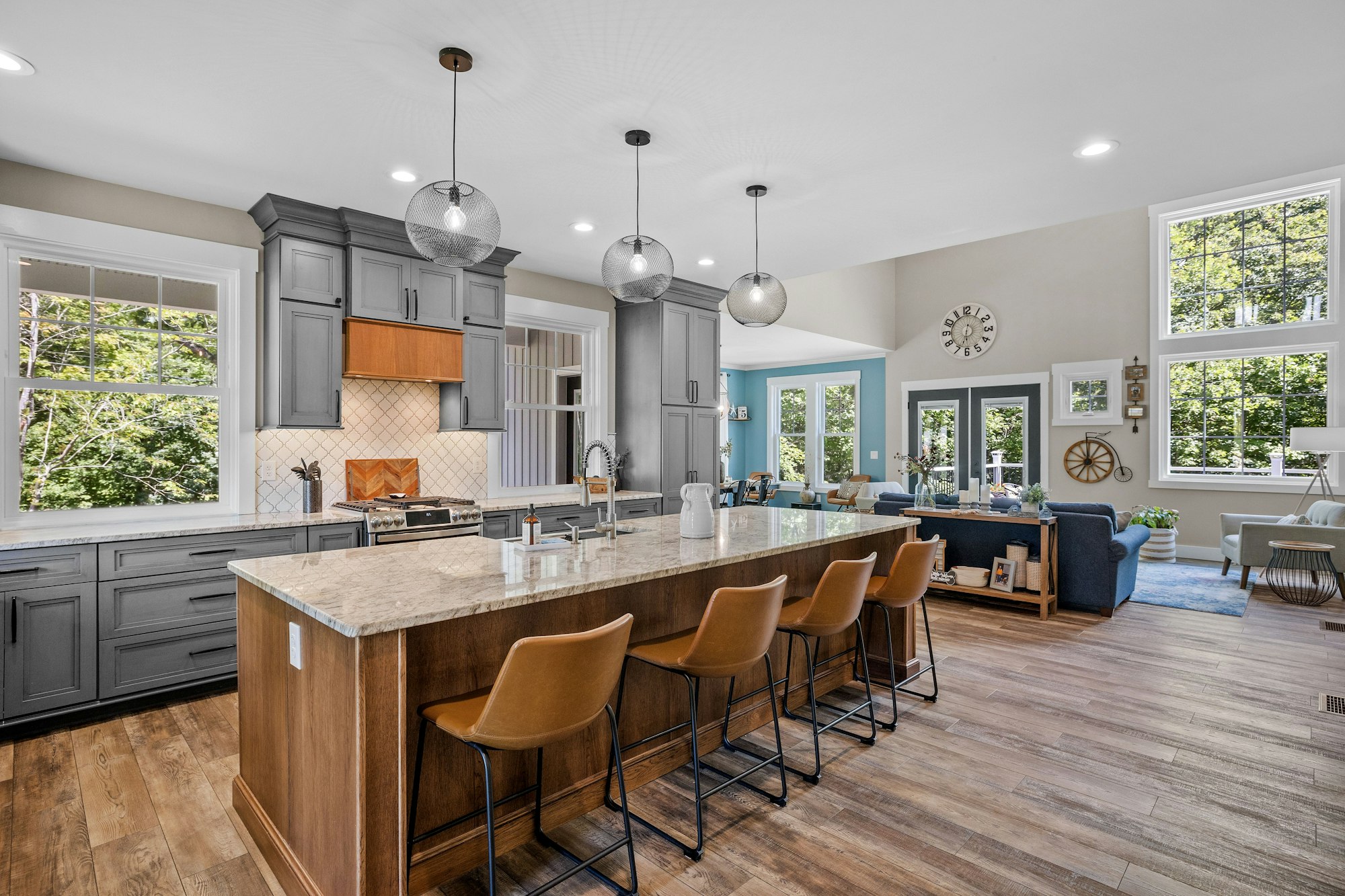
Imagine walking into your kitchen and being greeted by a stunning kitchen island that combines both style and functionality. A well-designed kitchen island can become the heart of your home, providing a perfect space for cooking, dining, and entertaining. But with so many choices, how do you select the right design to complement your kitchen?
From sleek minimalism to rustic charm, there are countless design ideas to explore. Start by asking yourself key questions: How much workspace do you need? What type of storage solutions will enhance organization? And how will the island fit within your existing kitchen layout?
Your kitchen island should be the ultimate blend of style and function. To maximize potential, incorporate clever storage solutions tailored to your cooking needs. Think of adding overhead shelving to store essentials while showcasing your favorite decorative items. For inspiration on stylish shelving ideas, check out this article on creative kitchen storage solutions.
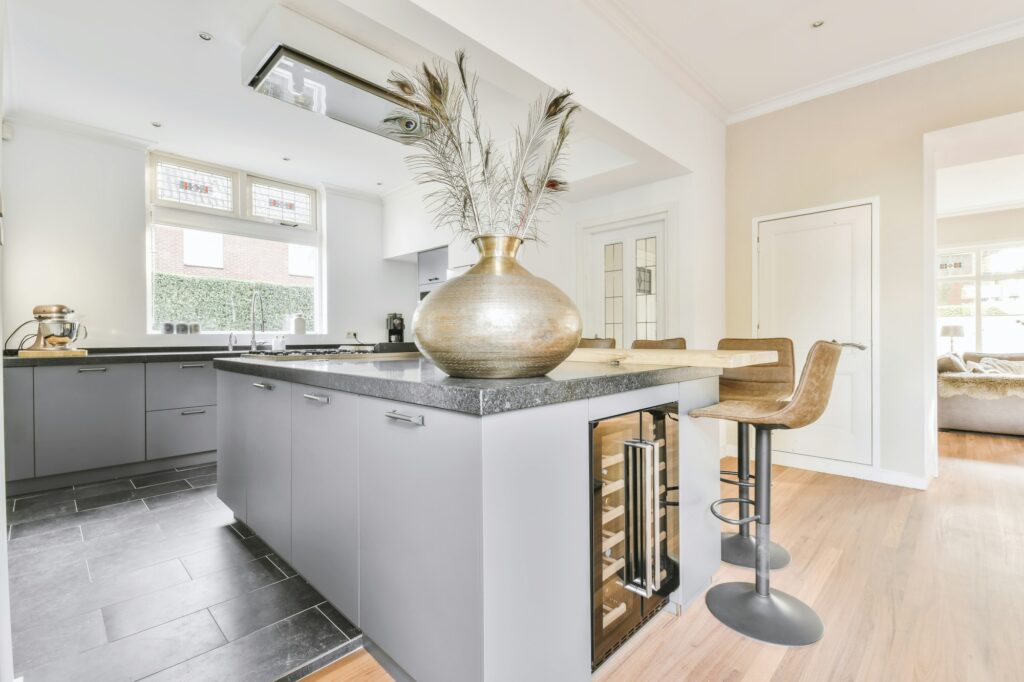
Consider a butcher-block island made from sustainable materials like walnut, combining elegance and practicality. Enhance functionality further with built-in storage or even a mini fridge for entertaining. A built-in wine fridge is another great addition, adding sophistication to your kitchen’s design.
Pro Tip: Experiment with unique layouts that reflect your personality. Curved or geometric designs create distinct zones in open-plan kitchens, while bold contrasting metalwork and dark tones lend a chic flair.
The countertop material for your kitchen island sets the tone for both functionality and style. Quartz countertops are a popular choice due to their durability and easy maintenance.
Quartz comes in jumbo slabs, allowing for seamless installation that’s free from dirt-trapping joints.
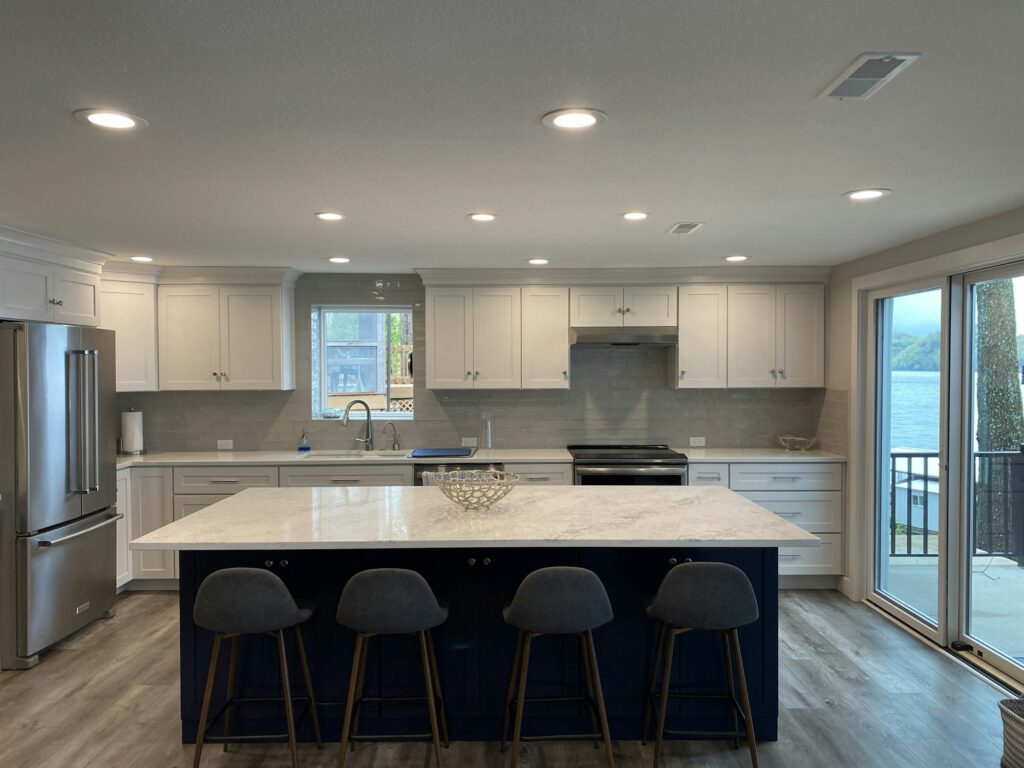
For those seeking a touch of luxury, marble or deeply veined stones add a stunning visual appeal. Picture a marble waterfall island with a continuous veined surface from countertop to base—a striking and timeless choice. If you’re drawn to a more traditional look, butcher-block countertops bring warmth and a rustic charm that can complement various design styles.
Pro Tip: Ensure your countertop material complements other kitchen elements, whether it’s practical quartz, luxurious marble, or classic butcher block.
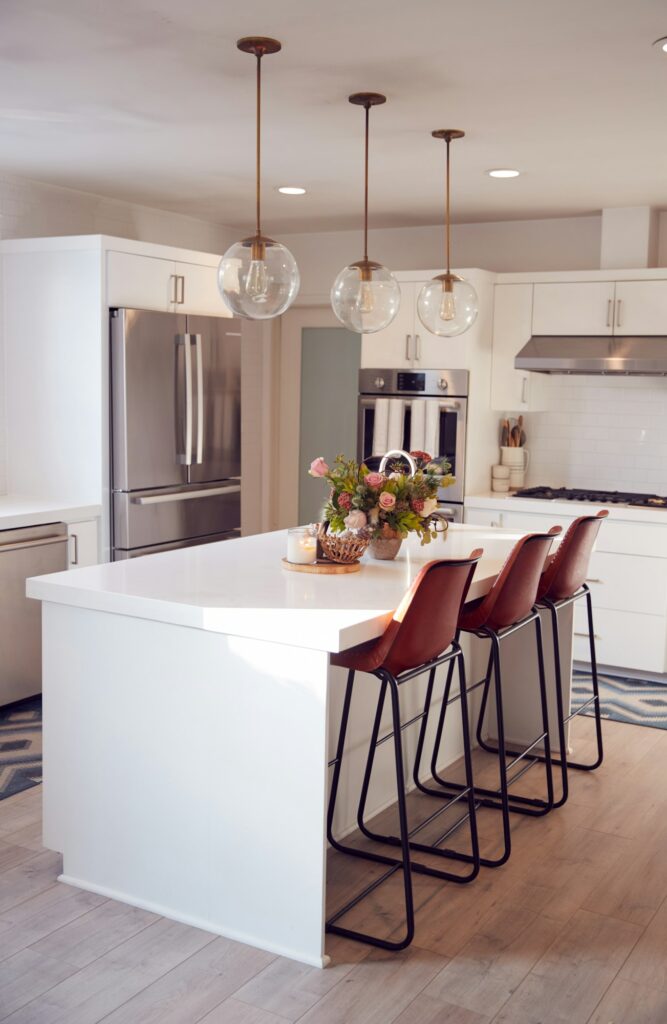
Your kitchen island isn’t just for cooking—it’s a place to gather and socialize. Incorporate seating that enhances both comfort and style. One effective approach is a two-tiered design, with one level dedicated to food prep and a lower level for seating, perfect for creating a casual, inviting atmosphere.
For a more intimate feel, corner seating works well in smaller spaces, while wrapping stools around the island optimizes space and keeps everyone within easy reach. Investing in upholstered stools with backs can add sophistication and comfort for extended kitchen gatherings. For additional seating inspiration, check out these unique seating ideas for every room.
Elevate your kitchen’s functionality by considering layouts that suit your cooking habits. Integrating water, electricity, and appliances directly into your island can streamline your cooking experience, keeping everything efficient and accessible.
Curved or geometric island shapes add visual interest and help create distinct zones in open-plan spaces. If your kitchen serves as an entertaining area, a curved island can enhance socialization and give the room a warm, welcoming feel.
For serious cooks, double islands can be a game-changer, offering two separate work surfaces that allow you to designate specific areas for prep and cooking. This setup can help make your kitchen highly efficient and organized.
The standard height for a kitchen island is usually around 36 inches, which is suitable for general tasks. If you want to add bar-style seating, consider raising one section to 42 inches to create a comfortable space for sitting and socializing.
A typical overhang for seating at a kitchen island is 12 to 15 inches. This provides adequate legroom while maintaining a proportionate design without hindering movement around the island.
Yes, incorporating a sink or stove into your kitchen island can enhance functionality by creating a central hub for meal prep. Ensure there is enough space for installation and adhere to safety standards, such as sufficient ventilation for stovetops.
Consider pendant lighting for its stylish appeal and ability to provide targeted illumination over your island’s work area. Ensure the lighting aligns with your overall kitchen design and provides both task and ambient light.
While your kitchen island can match your cabinets, you don’t have to. Consider contrasting colors or materials for the island to create a focal point within the room. This contrast can add depth and visual interest to your kitchen design.
Designing your ideal kitchen island means balancing functionality and personal style. By incorporating smart storage solutions, selecting a standout countertop material, adding seating for guests, and optimizing your layout, your kitchen island can become the centerpiece of your home’s social and culinary space.
Whether you’re a passionate home cook or love hosting friends and family, the right kitchen island design will reflect your unique needs. Ready to bring your vision to life? Contact DC Tile and Stone to explore the best options for your kitchen renovation.
